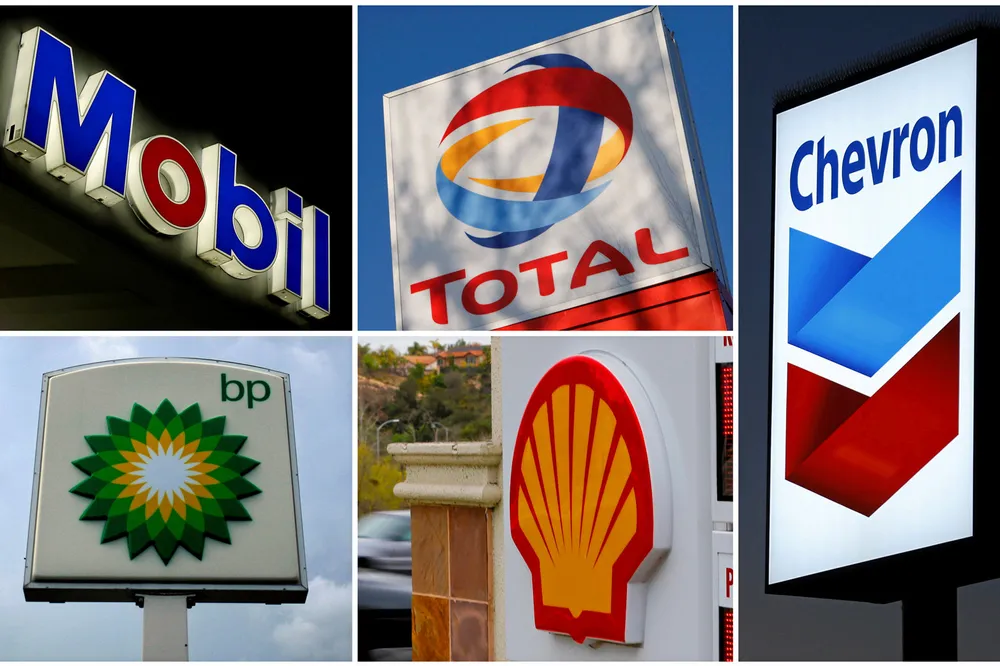'Significant challenges and uncertainties': Ratings downgrades for oil majors could bring spin-offs and deter green investment
Western and Chinese oil majors face potential S&P credit-rating downgrades within weeks amid concerns about heightened risks from the energy transition
